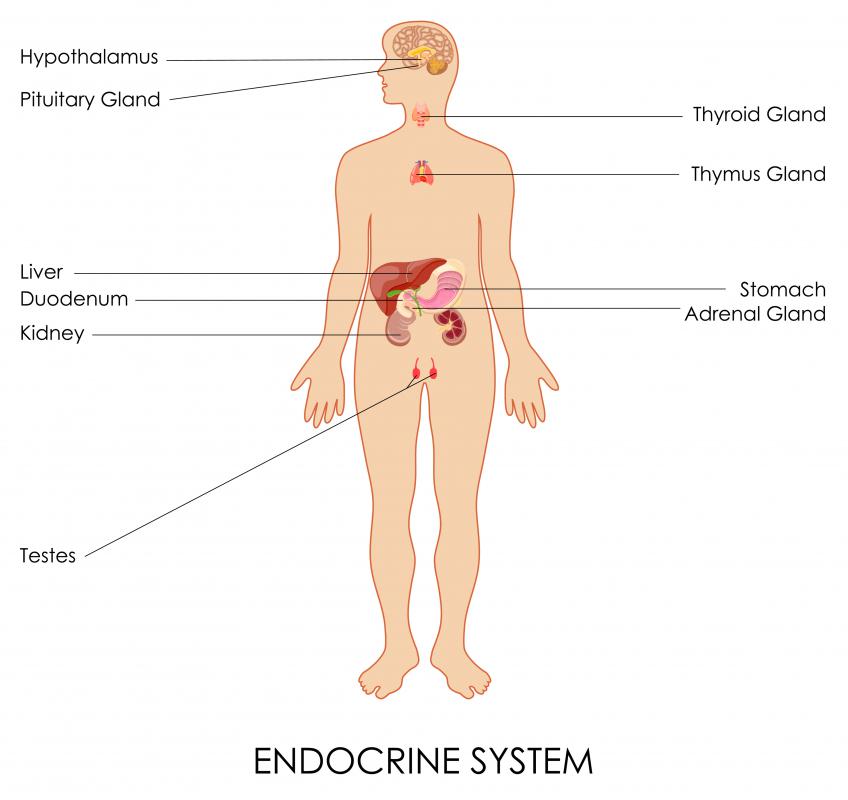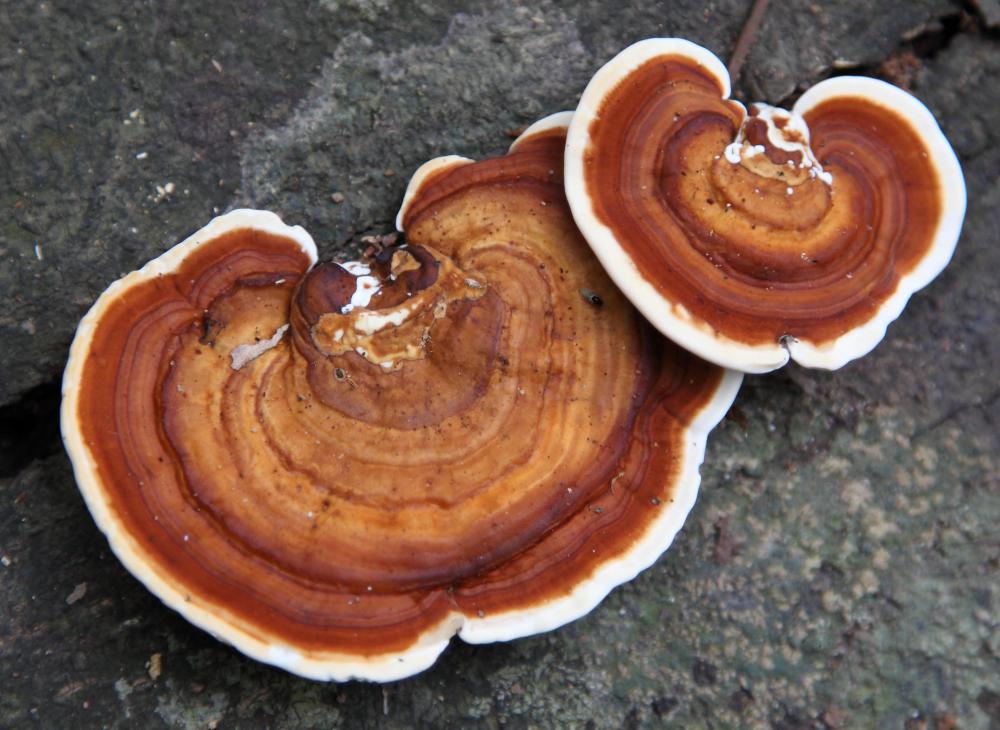At TheHealthBoard, we're committed to delivering accurate, trustworthy information. Our expert-authored content is rigorously fact-checked and sourced from credible authorities. Discover how we uphold the highest standards in providing you with reliable knowledge.
What is an Overactive Immune System?
An overactive immune system, or autoimmune disorder, is when the immune system attacks and destroys healthy body tissue rather than the antigens it is supposed to target. Tissue damage, organ damage and changes in organ function are some of the results of autoimmune diseases. There are more than 60 conditions that are the result of an overactive immune system, such as lupus, rheumatoid arthritis and multiple sclerosis. Treatment depends on the condition, many of which are chronic.
The immune system is normally a very efficient defense against harmful substances, or antigens, like bacteria, viruses and bacteria. Exactly why it sometimes goes into overdrive and starts attacking healthy tissue is unknown, but the condition is thought to involve microorganisms such as bacteria, stress, diet, hormonal influences and drugs, especially when one or more of these factors are combined with a genetic predisposition.

The onset of an overactive immune system is frequently preceded by a bacterial or viral infection, but this does not mean that everyone who gets an infection will develop the condition. For this reason, there must be other factors or pre-conditions. Sometimes an antigen will have certain similarities to healthy tissue and the immune system confuses the two, or there may be a malfunction in the action of the white blood cells that produces antibodies.

The immune response results in a hypersensitivity reaction much like that which occurs in an allergy. The most commonly affected organs and tissues are the red blood cells, blood vessels, connective tissues, endocrine glands, muscles, joints and skin. The symptoms of an overactive immune system depend on the disease but usually have in common dizziness, fatigue and a fever. Other consequences include anemia, thyroid conditions, shortness of breath, muscle weakness and joint pain. Prognosis is good in some cases, especially when the condition has been diagnosed in the early stages, while in others it can be fatal.

Autoimmune diseases are not very common but are much more likely to occur in women than men. For this reason, hormones are suspected as one of the main causes, triggers or factors in either the onset or perseverance of the condition. Treatment depends on whether the course chosen is conventional or alternative. Conventional medicine favors drugs like corticosteroids, which are anti-inflammatory and immune suppressive, which means that there could be some major side effects. Alternative treatments include adaptogenic herbs such as reishi mushrooms, American ginseng and licorice.
AS FEATURED ON:
AS FEATURED ON:















Discussion Comments
@Laotionne - Unless you know for certain that you have an overactive immune system, you should probably simply eat a healthy diet, exercise and adopt other lifestyle choices that will help keep your immune system strong. Avoiding bad habits like smoking will help a great deal.
If you know for certain you have an overactive immune system then you need something that will regulate your immune system, not boost your system and make it more active. In this case, do some research on mushrooms. There are some that will help regulate the immune system, so that you can benefit if you have a weak or an overactive immune system.
@Laotionne - There are many herbs on the market that claim to boost the immune system. I regularly use echinacea when I feel the symptoms of a cold coming on. I also use the echinacea when I get a sinus infection. I prefer using the herbs instead of antibiotics since I get the sinus infections a few times a year, and I don't want the bacteria to become stronger and more resistant to treatment.
I have found that a combination of echinacea, goldenseal, and garlic will help to get rid of or lessen the severity of the symptoms of most infections. However, these herbs are used to boost the immune system, so they might not be the answer for someone who is attempting to treat an overactive immune system.
My aunt has lupus. It is difficult to understand how a person's immune system, something that is supposed to keep her healthy and protect her against disease and infections, can do the exact opposite and become the one thing that harms her body and is the biggest threat to her health.
In addition to being concerned for my aunt, I am concerned that this could be a condition that could also affect me at some point. I have heard that there are supplements and natural herbs that help with the immune system. Has anyone had a luck with these products?
Post your comments